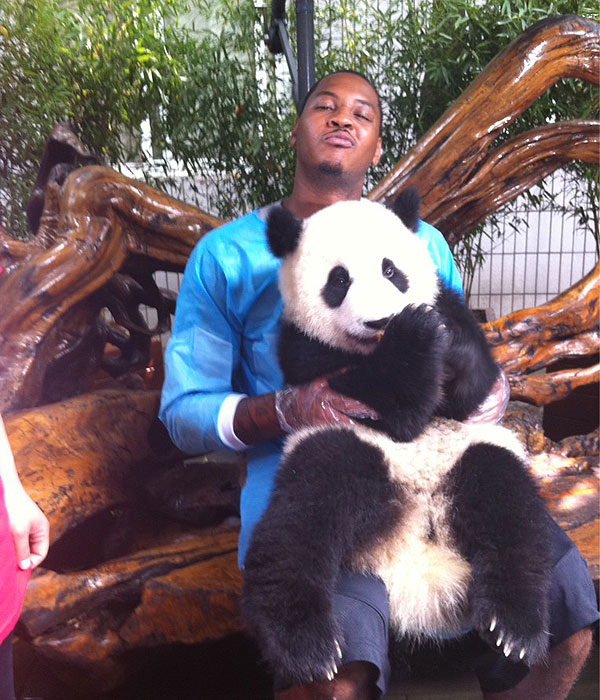As September rolls in, and we welcome back the NFL, we send our best wishes to the NBA as it enters into a coma. The NBA, after wrapping up one of its most memorable seasons ever, is in limbo for the 2011-2012 season as players and owners stand divided in negotiations over a new collective bargaining agreement (CBA). The NBA owners claim that the league lost over $300 million last season, with very few teams making profit and thus, want to revamp the new CBA. The NBA Players Union is skeptical of these reports, citing increased television ratings and heightened international interest in the NBA. Whether or not the NBA owners are exaggerating the loss of revenue, the owners and players have to walk a long and arduous road in order to resuscitate the 2011-2012 season.
What distinguishes the NBA lockout from the NFL lockout is that the NBA players and owners are on completely opposite ends of the negotiations spectrum and lack cooperation. Some of the issues that are points of resistance amongst the players and the owners include:
1) Hard Salary Cap and Changes to Salary Cap Exceptions
Owners want to establish a hard salary cap, while players would like to maintain the current cap system. The NBA wants to eliminate the disparity between small market and big market teams, and establishing a hard cap would prevent large market teams from crossing the threshold (utilizing certain salary cap exceptions) to overpay players. Owners want limitations on salary cap exceptions, which would help their franchises become more financially stable. Some points that have been brought up in negotiations include a franchise tag system similar to the NFL; this is an issue that has divided owners of big market teams and small market teams. Big market team owners are against the franchise tag, because they do not want small market teams to lock up players that they might be able to acquire through free agency. The players are also against the franchise tag because it would eliminate free agency for premier players after their rookie deals have been completed, an option players covet. It would also discourage owners from providing them long-term guaranteed contracts.
2) Limited guaranteed contracts
The New York Knicks are a classic example of a team that took advantage of the soft cap to overpay underperforming, mediocre talent with long term deals. For example, Isaiah Thomas, as General Manager of the New York Knicks, gave Eddy Curry a whopping six year/$60 million deal that handcuffed the Knicks for years; however, it would be ludicrous to blame players such as Eddy Curry for financially strangling their respective teams. The owners and front offices of these NBA franchises ultimately have the final say in proposing the deal and signing off on it. The owners want to make it so their franchises have the option to escape a rotting contract by offering shorter long-term deals, but the players disagree completely. The players want to retain the current system, which gives the players financial security and more flexibility.
3) Split of Basketball Related Income
Under the current CBA, players receive 57% of the basketball related revenue. Owners are aiming to trim this amount to near a 50-50 split, so they can retain some of the profits for the league. This is an issue players may concede in order to gain other benefits.
4) Revenue Sharing System
Another important issue is the establishment of a revenue sharing system, like the MLB and NFL. This has caused a rift amongst the NBA owners, because owners of larger market franchises do not want to split the revenue they are generating with smaller market franchises. Larger markets generate more revenue through TV contracts, concessions, media rights, advertising and ticket sales. This allows them to reinvest a tremendous amount of money in the team.
Recently, negotiations amongst the players and owners have gained some momentum. This is after things began to take an ugly turn, when rumors began to spread that many powerful NBA agents were pushing the players union to decertify; a move that would have most certainly crushed any hopes of a 2011-2012 season. Derek Fisher, the President of the Players’ Union dispelled any of these rumors when he sent a letter to all the players in an attempt to keep the players united.
Hopefully, the owners and players can come to a reasonable agreement within the next month so that no regular games are lost. All we can do as fans is hope for the best and prepare for the worst. Regardless of what happens, one thing is for certain…
Carmelo Anthony just started a panda-themed photo shoot trend.



